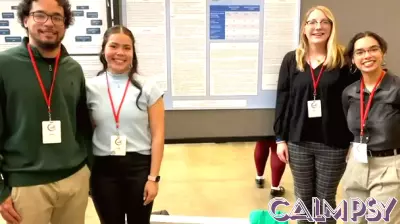November 23, 2024 - 20:00

Prisons have long been seen as places of punishment rather than rehabilitation, leading to a cycle that negatively impacts both inmates and society at large. This traditional model often exacerbates issues such as recidivism, mental health challenges, and societal reintegration.
Emerging evidence-based reforms aim to shift this paradigm by prioritizing humane treatment and the development of essential life skills. These reforms focus on providing inmates with the tools they need to reintegrate successfully into society, ultimately fostering lasting change.
By emphasizing rehabilitation over punishment, these innovative approaches recognize the potential for transformation within individuals. Programs that promote education, vocational training, and mental health support empower inmates to make positive choices upon their release.
The goal is to create a correctional system that not only addresses the immediate needs of inmates but also contributes to safer communities. With a commitment to evidence-based practices, the future of prisons can be reimagined as facilities that promote healing, growth, and successful reintegration into society, benefiting everyone involved.



